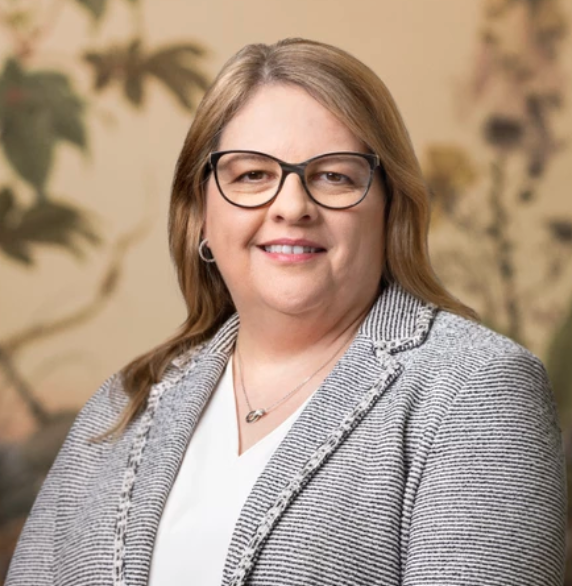Antitrust regulators shouldn’t clear Novo Holdings’ planned acquisition of Catalent, Roche CEO Thomas Schinecker said Wednesday, adding to the pressure that industry competitors appear to be trying to generate against the takeover.
The deal would boost Novo Nordisk’s manufacturing capacity as it tries to meet huge demand for its obesity drugs. But Roche — which is developing its own obesity drugs — and Novo’s main rival Eli Lilly have now opposed it.
While Roche was quick to highlight that it wouldn’t be directly affected by the Novo-Catalent deal, Schinecker said “it would be a wrong decision” for authorities to allow a transaction that could limit competition from a broader industry perspective.
“It could be a problem for other smaller players if there is a restriction in how many [manufacturers] are available,” Schinecker said during a call with reporters on Wednesday. Lilly has made similar comments, raising concerns that a competitor would own a major supplier relied on by much of the industry.
In February, Novo Holdings announced the $16.5 billion plan to buy Catalent, with Novo Nordisk set to buy three sites from Novo Holdings for $11 billion. A few weeks later, Eli Lilly CEO David Ricks said the deal was “unusual” and called for a broad inquiry into the transaction. And in August, he said Lilly had been using Catalent for manufacturing of its GLP-1 drug.
Other pharma companies and smaller biotechs developing obesity drugs largely declined to comment when reached by Endpoints News on Wednesday.
In the US, the Federal Trade Commission continues to review the deal, and people familiar with the situation say they’re not yet near a decision about whether to block it or ask for some sort of concession.
Consumer and union groups called on the FTC to challenge the takeover, alleging it will impact competition for weight loss drugs and cell and gene therapies. Sen. Elizabeth Warren (D-MA) urged the FTC to thoroughly scrutinize the deal and its compliance with antitrust laws.
 Teresa Graham
Teresa GrahamOver the course of the year, Novo and Catalent have reiterated that, despite several delays, the deal is still scheduled to be completed by year’s end. And on Monday, Catalent penned an open letter to customers reassuring them that it would operate as a fully independent CDMO after deal completion.
On Wednesday’s call, Roche pharma chief Teresa Graham underscored that “Roche has one of the largest and most diverse manufacturing footprints in the industry,” and so “we are not at all concerned that we will need additional CMO capacity,” she added. The company has several next-generation weight loss assets in the clinic that it obtained as part of its acquisition of Carmot Therapeutics.